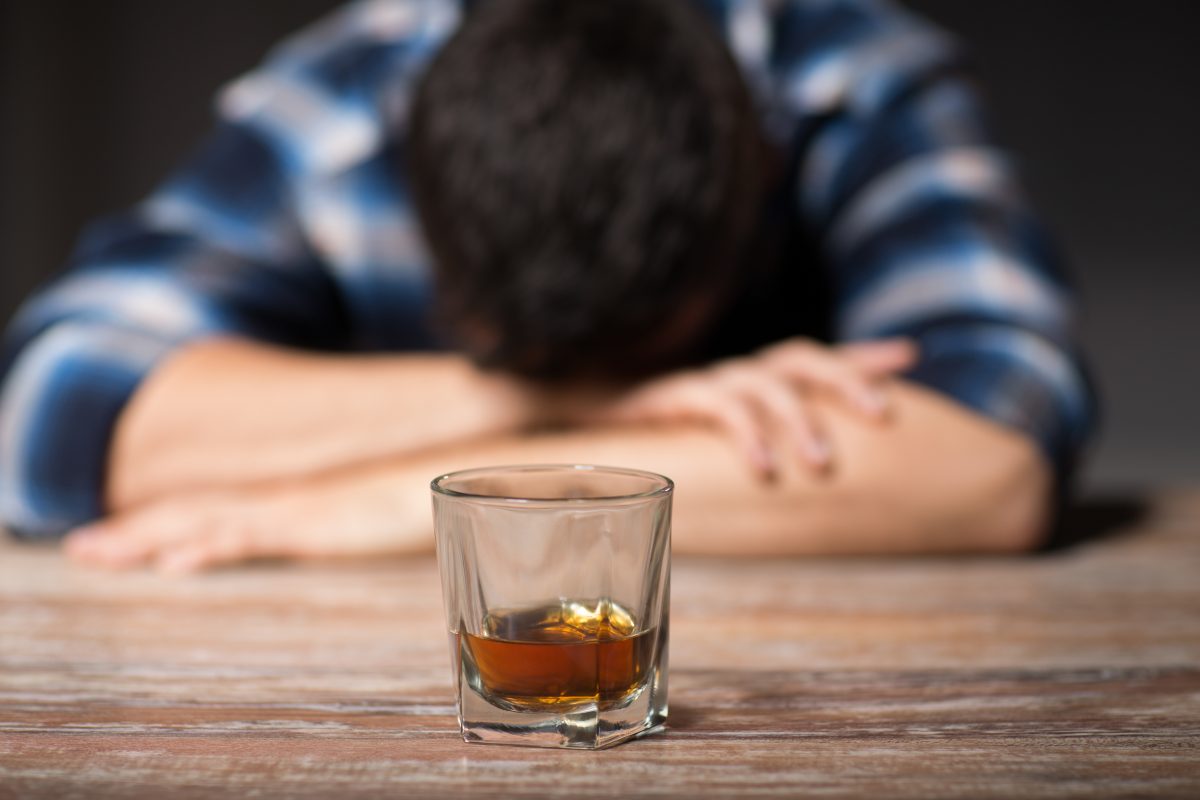The festive season is very different this year, with lockdowns and social distancing limiting our interactions with family and friends.
Addictions UK has a proposition for you: maybe now is the time to consider abandoning a tipple altogether!
Under normal circumstances, the end of the year is a time of excess, as revellers cast aside worries of hangovers, gout and jump and hop into a drunken tumble and go all-out on having a good time.
But what if you didn’t binge again as party season picks up? What if you stayed booze-free during this festive season? What if less really were more?
Giving up drinking makes you realise how obsessed we are with boozing, how alcohol is entrenched in our culture.

Most milestones have alcohol as centrepieces from our first peer-pressured swig of beer to the champagne we toast every New Year.
If you’re not drinking, people want to know why; if you are drinking, you’re not doing it fast enough.
Stopping drinking doesn’t just show your own relationship with alcohol, it puts the focus on others’ too – a rather inconvenient, sometimes uncomfortable truth.
There are many reasons to give up, such as the danger of developing a dependency.
However, there doesn’t have to be any significant reason to stop drinking.
But if there was the perfect time to stop, it is this winter of discontent, as coronavirus has restricted our social calendar and conspired to keep us away from our co-revellers.
While the world’s going to hell, this is your opportunity to reclaim your sanity.

1. Giving up
Should you set yourself goals? Maybe, but Alcoholics Anonymous (AA) recommends to take it day by day – think about getting to the end of the day, then a week, then the month and then… small bits are easier to handle.
In case you’re getting the jitters, like shaky hands or feeling unstable emotionally, consult a detox service. They’ll help you get over the early uncomfortable stage.
It is also a sure sign that you are actually hooked and should be grateful that you caught the upswing early enough.
But if you’re feeling well enough, don’t become a hermit – you must face the real world. Attending online AA meetings might be an excellent place to start.
2. Health benefits
Lockdown has been tough on everyone – you can’t really blame people reaching out to their favourite comfort blanket – booze is one of them.
Emotionally strained, alcohol offers temporary relief to many. But when the high ends, it lands you in a bad state of a hangover, with it’s sweating, shaking and an overwhelming sense of paranoia.
Who needs that? Moreover, if you give up booze, you’ll eventually enjoy natural sleep, waking up to a brighter world.
There are other physical benefits: no alcohol means less calorie intake, and you’ll be more likely to be in mood and shape to go for walks or exercise.
3. Financial benefits
Booze is an expensive indulgence. For a moment, think about other things you want to buy instead.
A luxurious winter coat, some cashmere, something that’s just for you. Perhaps a new laptop or listen to music on new speakers (since you’ll be indoors more).
Instead of spending money on hangovers, channel the cash elsewhere or even save for a rainy day. Times are uncertain, and you never know when you’ll need to dip into your savings.
4. Productivity
Here’s a fact you can’t beat: not drinking gives you more time.
Even if you go out every day to meet friends, not drinking means you are likely to be home earlier, get some sound sleep, wake up at a decent hour next day, feeling fresh and healthy.
Hangovers steal your time! Projects take longer to complete; motivation and stamina are at a low.
When you’re booze-free, you will have a clear head. Work, sport, reading or any hobby will be more enjoyable. You’ll be doing more, in less time, with more fun!

5. You’re not alone
In a crowd of drinking pals, you may feel an outsider, but it’s not just you – lots of people are giving up booze.
It’s a growing trend among the 18–24 age group to be sober. More and more persons are discovering the joy of good health and clean living.
Even those who were once wild and carefree are saying “no thanks” to substances. And opening the doors of more joy and freedom.
6. Managing social occasions
One of the hardest parts of not boozing is going to parties where everyone else is guzzling. While COVID-19 has limited the size of gatherings, even small soirées have their own pressures.
You’ll probably find yourself wanting to slip off earlier than usual, as everyone else getting drunker, louder and making less sense. This is normal, don’t feel bad about it!
When you’re drinking, you’re more likely to be hanging around for hours listening to tedious opinions and maybe spouting a few of your own.
Alcohol gives you the energy to keep you up way beyond any reasonable bedtime.
The trick is to set yourself a time limit before you get into the gathering, make the most it while you’re there, and slip away before the party starts to stink.

Cinderella’s fairy godmother was right – no good ever came of staying anywhere after midnight.
When one door closes, another one opens.
Sobriety doesn’t have to be the end of fun – it can be the beginning of something new. Now that you’re hangover-free, you’re ready for whatever life chucks at you.
With the broader consequences of COVID-19, who knows, you’ll need your wits about you more than ever.
If you need support to get sober, call Freephone 0800 1404044. We’re equipped and experienced to support you through your journey from drinking to sustained sobriety.



